Most people come to mindfulness for help with stress and well-being.
On the stress side, it might be work stress, health stress, money stress or relationship stress. In some way or other people feel overwhelmed and want a way through that.
Stress may not be the right word for you. Is it anxiety? Or depression? Or pain? Or something else?
On the well-being side, it may be a sense of ease you are looking for. Or connection, joy or meaning.
Whatever it is for you, it's worth asking - “why will mindfulness help me get less of x and more of y?”
To answer this let’s look at psychological processes that are part of stress. These factors are not more important than external factors like relationships and society. But they are easier for most people to do something about. And once you have a handle on them it’s easier to take effective and meaningful action to make the world a better place.
Unhelpful problem solving
Part of what makes us human is our capacity to analyse, predict, reflect, and think things through. This allows us to make plans and solve the problems we face. Psychologists call this mental activity discrepancy based processing. The discrepancy is the gap between what is happening and what you want to be happening. And the processing is all the thinking you do to try and bridge that gap.
This is good for problems that are outside of ourselves, like making a journey or planning a project. The trouble starts when we apply this to problems that are inside us. Problems like feeling anxious, frustrated or low.
We can tell this is unhelpful by the way that we go round and round with things. Psychologists have another name for this - repetitive negative thinking. If this goes on and on we tend to wind ourselves up and end up feeling stressed and exhausted
Mindfulness provides an antidote to this through the mindful skill of anchoring. Anchoring allows us to unhook our attention from unhelpful thought loops and guide it to something that steadies us. As we get the hang of this we develop a sense of inner ease and confidence. And of course, we can still think things through when we need to.
Getting stuck in our stories
We use stories to make sense of things. Whether it’s the running commentary in our minds or the beliefs that we hold, the stories we tell shape how we feel, how we see things and the actions we take.
Stories might sound like complex things, with a plot and a cast of characters. But consider the thought “I'm such an idiot!”. At that moment we are cast in a certain light, we relate to others in a certain way, and our actions unfold from there.
Psychologists tell us this matters. That how we tell stories and how we relate to those stories plays an important part in stress and well-being. The fancy name for this is cognitive fusion. This tells us that the problem is not so much the stories themselves as the way we get stuck to them. Rather than having particular thoughts, it’s as if the thoughts have us. And at that moment we lose our capacity to see things from different perspectives.
Mindfulness provides a solution to cognitive fusion through the mindful skill of untangling. Recognising when we are caught up with certain thoughts allows us to take half a step back from them. In doing so we discover inner clarity and space without having to change what we are thinking.
Running away from ourselves
We all tend to shy away from uncomfortable things. Whether it’s being a bit cold, having a sore back or feeling anxious, our instinctive response is to move away from discomfort. The formal name for this is experiential avoidance. Oftentimes we combine this with seeking out comfort so we can feel better.
For many situations this works well, helping to protect us and take care of ourselves. The trouble starts when it’s not possible to move away from something. So if it’s cold and we can take shelter or put on some more clothes, that’s great. But if we are feeling anxiety and we try to get away from that we end up in a battle with ourselves. This doesn’t lead anywhere good. Instead, we over-think or over-eat or over-drink. Or do anything else to avoid feeling something painful. At the same time what we are avoiding isn’t healed and comes back to haunt us.
Mindfulness provides a remedy to experiential avoidance through the mindful skill of befriending. Over time we can learn to meet ourselves and our experiences with an open, friendly, patient mindset. This helps us to heal and feel more comfortable in our own skin. And part of this is not forcing anything. So we can take our time and explore this in a way that is safe and manageable for us.
